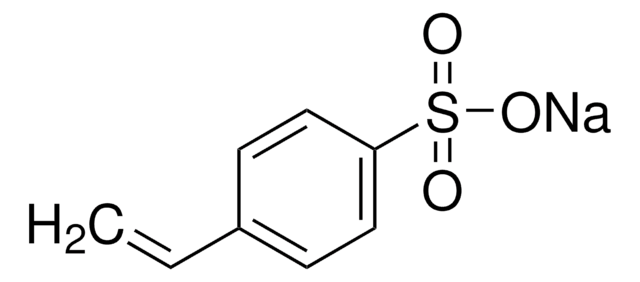15-2330
2-Propanol
≥99.0%, SAJ first grade
Synonym(s):
sec-Propyl alcohol, IPA, Isopropanol, Isopropyl alcohol
About This Item
Recommended Products
product name
2-Propanol, SAJ first grade, ≥99.0%
grade
SAJ first grade
vapor density
2.1 (vs air)
vapor pressure
33 mmHg ( 20 °C)
44 mmHg ( 25 °C)
Assay
≥99.0%
form
liquid
autoignition temp.
750 °F
expl. lim.
2.0-12.7 %, 93 °C
availability
available only in Japan
refractive index
n20/D 1.377 (lit.)
bp
82 °C (lit.)
mp
−89.5 °C (lit.)
density
0.785 g/mL at 25 °C (lit.)
SMILES string
CC(C)O
InChI
1S/C3H8O/c1-3(2)4/h3-4H,1-2H3
InChI key
KFZMGEQAYNKOFK-UHFFFAOYSA-N
Looking for similar products? Visit Product Comparison Guide
Application
- Selecting water-alcohol mixed solvent for synthesis of polydopamine nano-spheres using solubility parameter.: This research highlights the use of 2-propanol as a solvent in the synthesis of polydopamine nanoparticles, optimizing conditions for particle size and uniformity through solubility parameter techniques (Jiang et al., 2014).
- Efficient enantioselective synthesis of (R)-[3,5-bis(trifluoromethyl)phenyl] ethanol by Leifsonia xyli CCTCC M 2010241 using isopropanol as co-substrate.: This study demonstrates the use of 2-propanol in the enantioselective synthesis of chiral alcohols, highlighting its role as a co-substrate in biocatalysis (Ouyang et al., 2013).
- Real-time ESI-MS of enzymatic conversion: impact of organic solvents and multiplexing.: The research examines the impact of various organic solvents, including 2-propanol, on enzymatic reactions using real-time electrospray ionization mass spectrometry, offering insights into solvent effects on enzyme kinetics (Scheerle et al., 2012).
Signal Word
Danger
Hazard Statements
Precautionary Statements
Hazard Classifications
Eye Irrit. 2 - Flam. Liq. 2 - STOT SE 3
Target Organs
Central nervous system
Storage Class Code
3 - Flammable liquids
WGK
WGK 1
Flash Point(F)
53.1 °F
Flash Point(C)
11.7 °C
Certificates of Analysis (COA)
Search for Certificates of Analysis (COA) by entering the products Lot/Batch Number. Lot and Batch Numbers can be found on a product’s label following the words ‘Lot’ or ‘Batch’.
Already Own This Product?
Find documentation for the products that you have recently purchased in the Document Library.
Customers Also Viewed
Our team of scientists has experience in all areas of research including Life Science, Material Science, Chemical Synthesis, Chromatography, Analytical and many others.
Contact Technical Service









